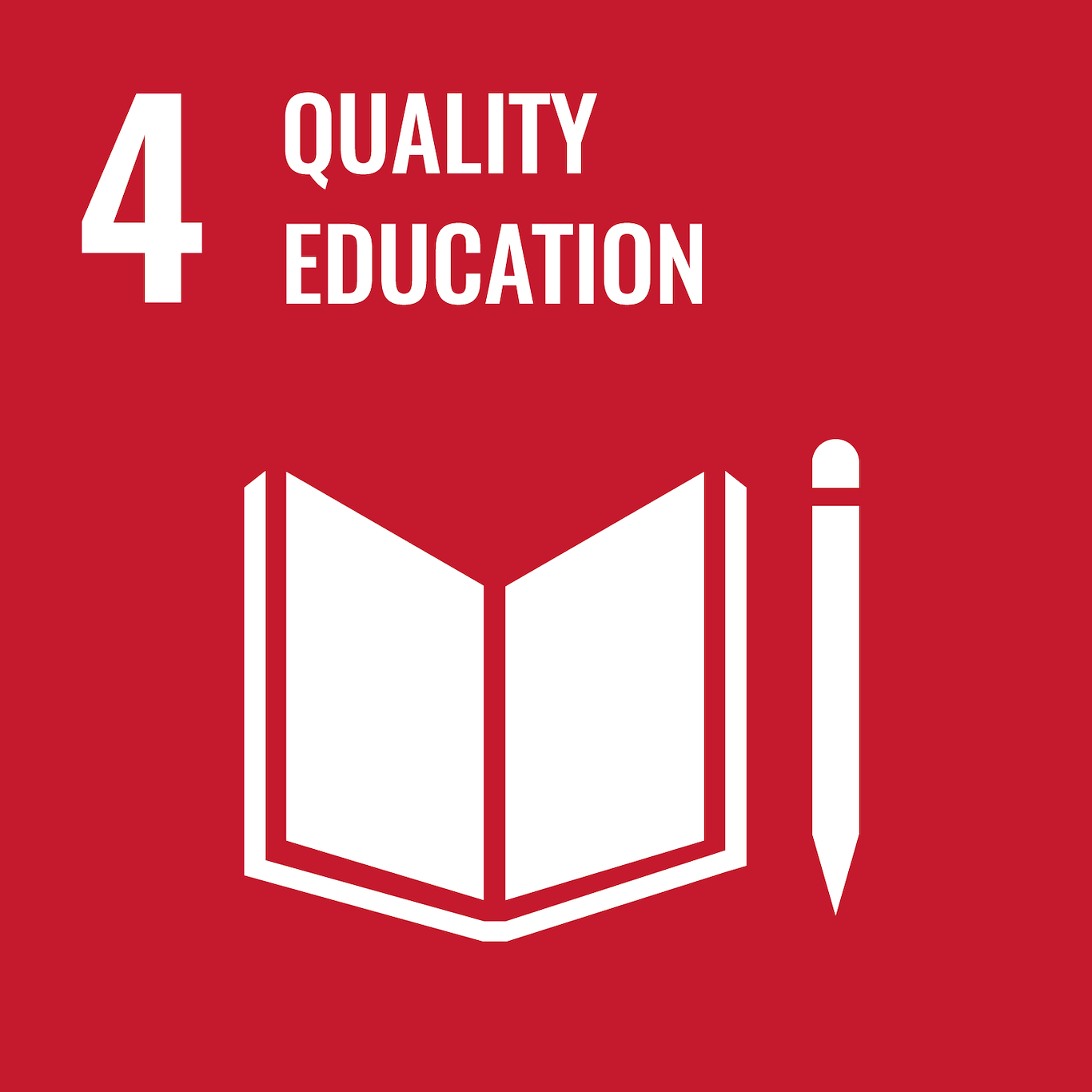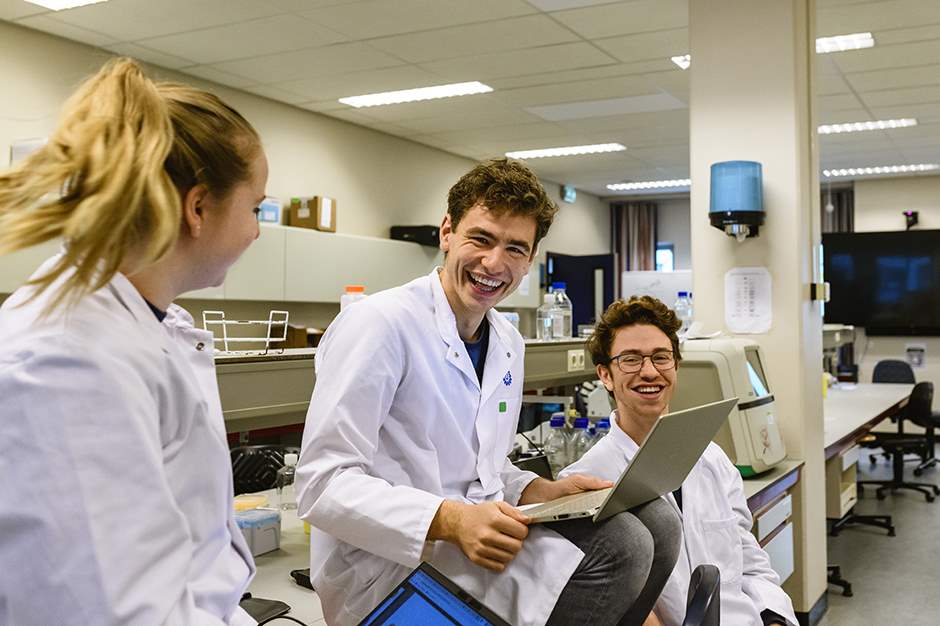The New Utrecht School
Our education strategy The New Utrecht School stands for cooperation between disciplines in the training of (future) care and health professionals. De Nieuwe Utrechtse School focuses on the following topics: Interdisciplinary and Inter-professional Education, Patient Participation, Diversity and Inclusiveness, Translational Medicine & Life Sciences, Resilience and Wellbeing, and Planetary Health.
Bringing initiatives together with the The New Utrecht School program
In order to accelerate on our strategy and make The New Utrecht School a structural part of UMC Utrecht, our The New Utrecht School program has been running since 2021. Within this program, all initiatives are brought together and where possible aligned with each other, and at the same time we raise awareness of these initiatives. Our aim is to inspire and motivate students, colleagues, and patients together to establish top-quality education that is innovative and unique at an (inter)national level.

Virtual Reality to enhance skill and practical training
In 2022 we developed Virtual Reality (VR) applications for our courses. In 2023, we implemented these as a pilot in regular education. VR can be used as an alternative for and complement to skill and practical training. This addresses the need to make the safe practice of specific skills in our education more accessible. And to prepare students more effectively for new situations. The experience of students, lecturers, and educational organizations with VR training was overall positive. The new working method has been well received. There is a need now to further develop and validate VR education. The VR pilots will therefore be followed up in 2024. We continue to evaluate, research, and develop it to reach an optimal, full-fledged VR education.
We use the following three VR applications in education:
-
‘VR Sterile’ (Biomedical Sciences program). The steps of working in sterile conditions can thus be practiced in the lab as preparation for real lab work. The VR application is fully modeled in English and in 3D.
-
‘VR OK Ready’ (training for Scrub Nurses and Nurse Anesthetists). With this, the procedure for ‘getting an OR operational’ can be practiced repeatedly as preparation for practice in a real OR. The VR application is 3D-modeled and in Dutch.
-
‘VR Apprenticeship in the Neighborhood’ (Medical program). This prepares students for an apprenticeship in the neighborhood. They become aware of the patient context by experiencing a surgery consultation and a home situation from the patient’s point of view. The VR application consists of two interactive scenarios based on 360-degree photo and video material.

Medical curriculum revised
We are dealing with significant changes in society and care, such as an aging population, more and increasingly complex demands for care, and topics like prevention and sustainability. We therefore started in 2022 with a revision of our education curriculum for the bachelor and master’s degree in Medicine. In 2023 we went further with the redesign of the curriculum . Our points of departure here are the Framework for Physician Training 2020 , our education strategy De Nieuwe Utrechtse School, and outcomes of the training visitation, among others. We also collected input from students, lecturers, patients, and apprenticeship trainers during sessions. At the beginning of 2024 the draft curriculum for the bachelor and master’s degree in Medicine was ready and the education-development process could start. We expect to start with the new curriculum in the academic year 2025/2026 so that future healthcare professionals can be trained optimally for the healthcare of tomorrow, based on the principles of De Nieuwe Utrechtse School.
Ready fort he healthcare needs of tomorrow with CZO Flex Level
In line with the national education protect CZO Flex Level , we implemented EPA-based training in 2023 in all our Follow-up Training programs for Nurses. EPAs (entrustable professional activities) are characteristic professional activities in the daily work of a healthcare professional. These form an important basis for learning in the workplace and at the training institution. We are also implementing it in the first study year of the training courses for supporting medical staff, and are working on the further development of the other two study years. The (follow-up) training courses for specialized nurses and supporting medical staff that are recognized by the College Zorgopleidingen (CZO) have been revised and made more flexible. Healthcare professionals are thereby given more career possibilities, receive more efficient training, and can be deployed more flexibly. This contributes to making us ready for the healthcare needs of tomorrow.